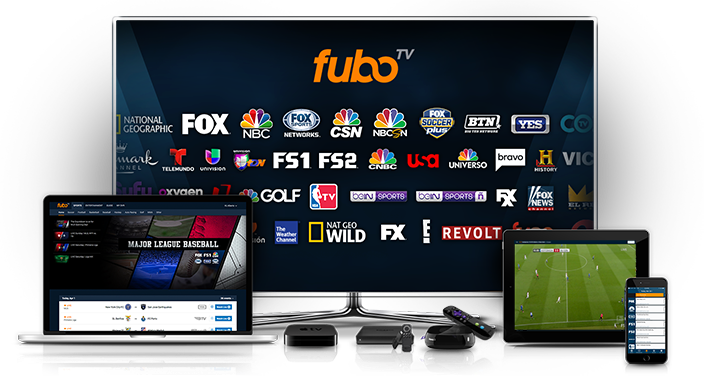

If people are watching 134 hours, it limits watching other content. We're coming from a position where we actually own the screen time, and we're continuing to take more entertainment time share. And if you think about where the world is going, and you think about big tech, the key really is to own all the screen time. It's a number that none of the SVOD services talk about, and I think you know why: People just don't spend enough time on those platforms. The average customer is coming for an average seven hours per day. Gandler: I think one of the key components of what we're doing, if you think about it over the long term, is we have an ecosystem of users that are spending upwards of 130 hours per month on the platform. But can you describe to me where you envision FuboTV going in the next three to five years? In the future, how are you making most of your money? It's basically a cable replacement as a digital bundle of linear networks that has an emphasis on sports. Sherman: Today, FuboTV seems like a fairly straightforward product. (This interview has been edited for length and clarity.)

He spoke with CNBC's Alex Sherman about the future of media and how he hopes to differentiate FuboTV from the competition in the coming years. He told CNBC he believes his company can serve about 10% of the market.

CEO David Gandler is betting that 40 million to 50 million subscribers will sign up to so-called virtual MVPDS - internet-delivered bundles of linear networks - in the next five years.


 0 kommentar(er)
0 kommentar(er)
